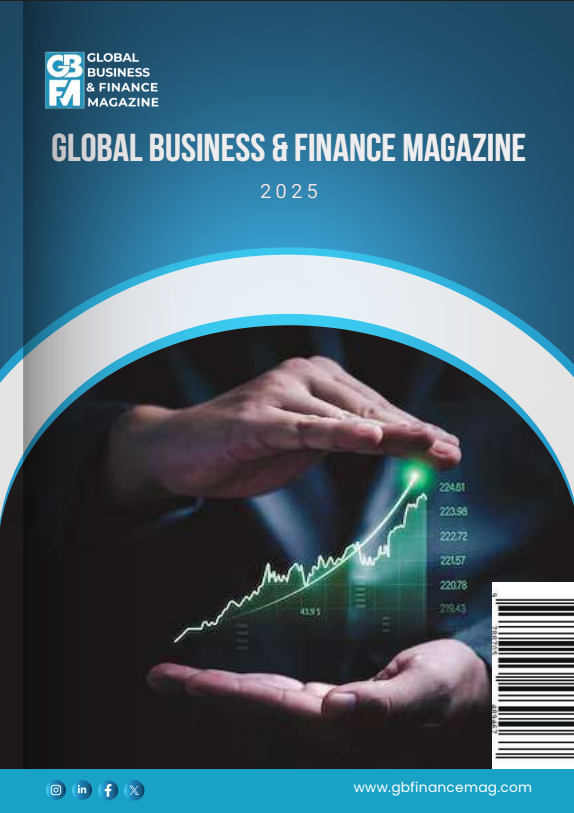Using nudges to improve food choices
Overweight and obesity have risen dramatically in recent decades in both developed and developing countries. Numerous policies have been developed to help curb this increase. The success of many of these policies depends heavily on correctly identifying the factors that hinder a healthy diet. This column documents an intervention that nudged customers of a supermarket […]












